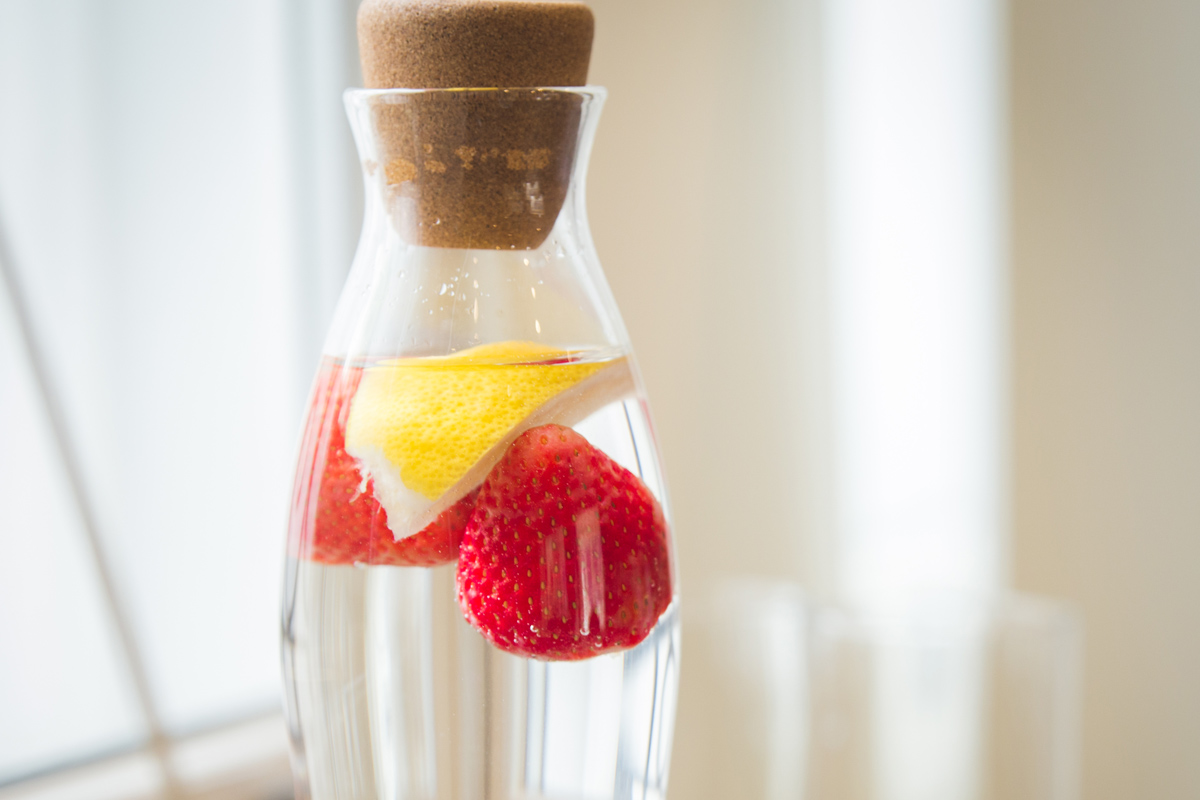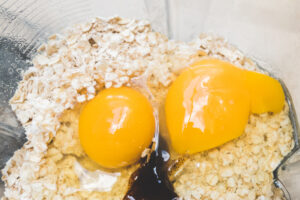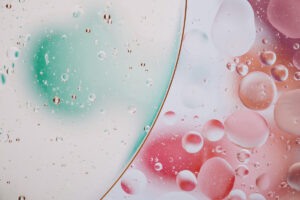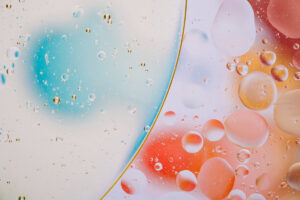The skin is the largest organ in the human body so it stands to reason it needs just the right nutrition to keep it looking healthy. A few hard and fast rules that we should all be following:
KEEP YOUR BLOOD SUGAR BALANCED
Whenever we eat anything laden with sugar, or indeed any kind of carbohydrate, it gets broken down into glucose so it can be used for energy by our cells. The problem is, high amounts of glucose are extremely bad for us so the body will release insulin in order to remove it from the bloodstream as quickly as possible. If we are eating lots of sugar and refined carbs, then this repeated insulin response will undoubtedly cause negative affects in our body, including our skin. This is because high blood glucose and high insulin trigger inflammation and this can exacerbate any inflammatory skin condition, such as acne, rosacea, psoriasis or eczema. Sugar also suppresses the immune system, which can affect how your body reacts to the bacteria in spots, plus it can make allergies worse, which often manifests as rashes and itchy skin.
In order to keep a handle on blood sugar, eat foods that have a low glycemic index and slowly release their energy. These tend to be high fibre wholegrain foods, fruit and vegetables, beans and pulses, nuts and seeds. Also, avoid processed foods, fast food, ready meals, refined carbs (anything white), sugary drinks and snacks, and always have protein with your meal which will slow down the release of glucose into your bloodstream.
STAY HYDRATED
It’s often helpful to visualise our cells as millions of tiny little entities that constantly take nutrients in and expel toxins out. In order to do this, they not only need the right nutrients, but they also need water. It is water that delivers all of the vitamins and minerals to our cells, and it is water that flushes out the excess waste that builds up around them. In short, it is the most underated nutrient of all, and if we don’t drink enough, this valuable flow of nutrients in and toxins out starts to get clogged up. And this can show in our skin. Dehydrated skin often looks drier, less plump and elastic, and the skin around our eyes can start to look darker.
In order to stay adequately hydrated, we should aim to drink 4-6 glasses of water a day. Use a carbon filter to get rid of contaminants and, if using a drinking bottle, use stainless steel or glass. If it is plastic, make sure it is BPA free.
EAT PLENTY OF ANTI-OXIDANTS
Nasty chemicals called free radicals are produced both internally, and due to external toxins. They cause inflammation in the body and damage the DNA in our cells, which ages them and potentially causes disease. It is this oxidative stress that causes our skin to lose its youthful glow so, for a healthy complexion, it is vital to counteract this process as much as possible. It is therefore important to both limit exposure to oxidants – by avoiding pollutants (chemical sprays/cosmetics, smoking, sun exposure etc), radiation from the sun, alcohol, cigarettes, food additives, unhealthy fats – and to eat plenty of beneficial anti-oxidants which protect our cells from damage.
Key anti-oxidants for the skin are:
- Vitamin A, supports the skin’s elasticity and helps to facilitate the growth of new skin cells.
- Beta-carotene, which converts to vitamin A in the body.
- Vitamin C, vital for the production of collagen, the skin’s support structure.
- Vitamin E, helps protect skin from pollution and UV rays, plus helps keep moisture in.
- Selenium, natural antioxidant defence against skin cancer, sun damage and age spots.
- Zinc, enables healing in the skin.
- Quercetin, anti-inflammatory, anti-allergy.
Aim to have 5-10 servings of anti-oxidants a day. For example:
- Half a cup of blueberries /blackcurrants /blackberries /raspberries /strawberries.
- Half a teaspoon of cinnamon.
- Half a teaspoon of cayenne pepper.
- Half a teaspoon of turmeric.
- Half a teaspoon of spirulina.
- 4 pieces of dark chocolate (high coco content).
- 1 cup of cooked kidney/aduki or pinto beans.
- Half an avocado.
- 7 walnut halves.
- 1 clove of garlic.
- A handful of almonds.
…all these would count as a serving.








